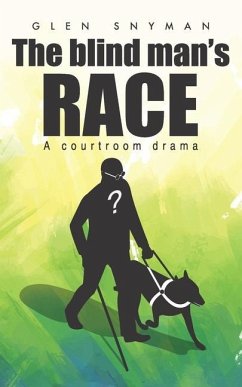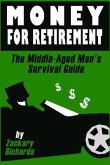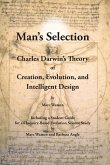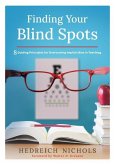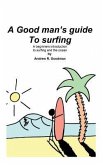The Mandela era ushered in a new South Africa, where race discrimination became a law of the past ... BUT DID IT? Read about one man's fight against race classification in a free and democratic South Africa; a battle for justice against the same people who challenged the Apartheid system of racial stereotyping. Glen Snyman, the founder and leader of the organisation People Against Race Classification (PARC), believes that race discrimination does not vanish by itself. If not challenged, race becomes a cause of social unrest and violence. Race classification is not ratified anywhere in South Africa's Constitution. The remnants of the old Apartheid system is still captured in the race blocks on various government forms. In framing the debate, Snyman puts race classification physically on trial in a novel way. The concepts of genetics and anthropology, social studies and statistics are personified and called to the witness stand to testify - and are cross-examined - about prevailing South African attitudes towards race, from both perspectives. A passionate activist, Snyman is also called to the witness box to expound on his beliefs. The gravity of the court case and trial is interspersed with interludes that reflect the mood and opinions of the people, via a radio talk show, interviews with the crowd in the street, and a strategic chess game. In a gripping climax, a blind man takes the stand. As he is unable to see, the colour of a person's skin is not relevant in his world. This man, rightly, experiences his fellow South Africans based solely on their inner qualities. Will the judge rule in favour of a system that perpetuates a country's inequalities? Or will he rule to bring the edifice down, so that South Africans might move forward together into the just and equal future they all deserve? Will the blind man be able to sway the outcome in this heated court battle for justice?
Hinweis: Dieser Artikel kann nur an eine deutsche Lieferadresse ausgeliefert werden.
Hinweis: Dieser Artikel kann nur an eine deutsche Lieferadresse ausgeliefert werden.

